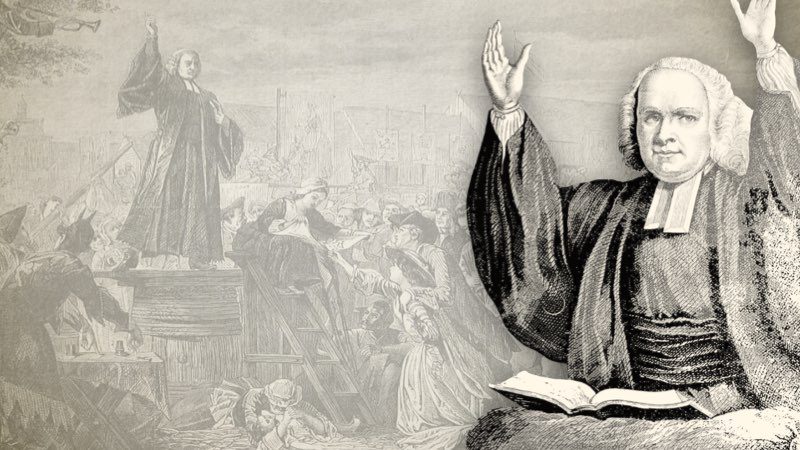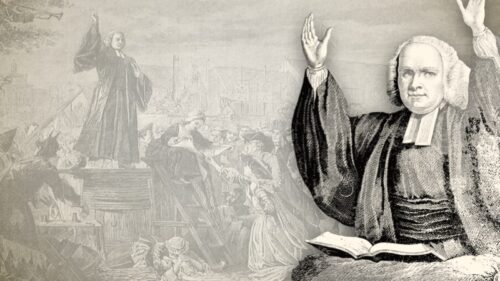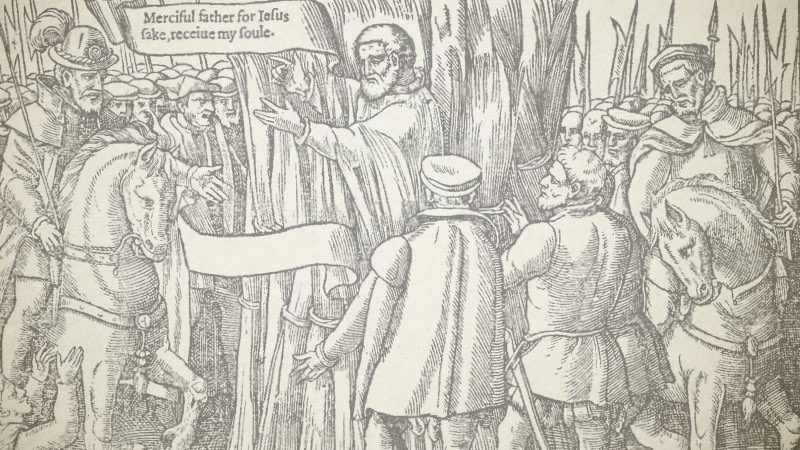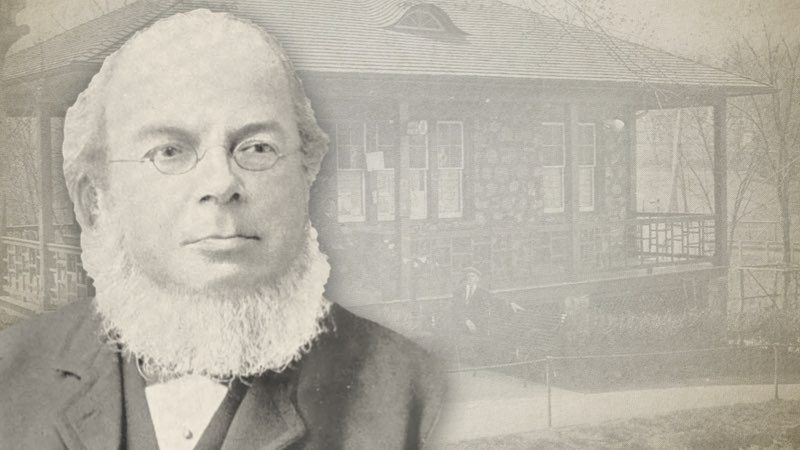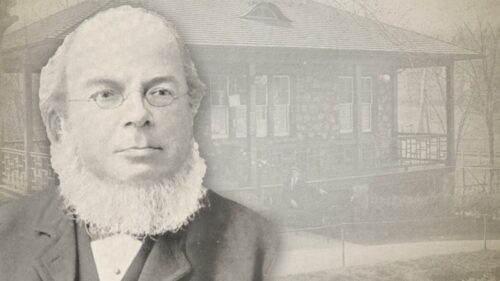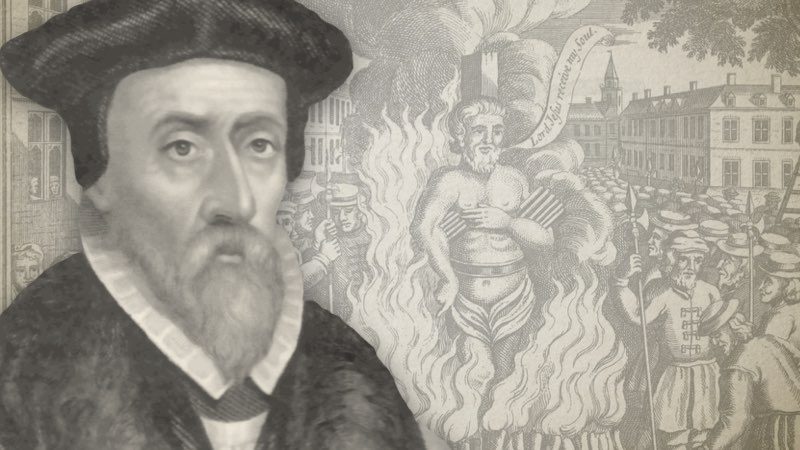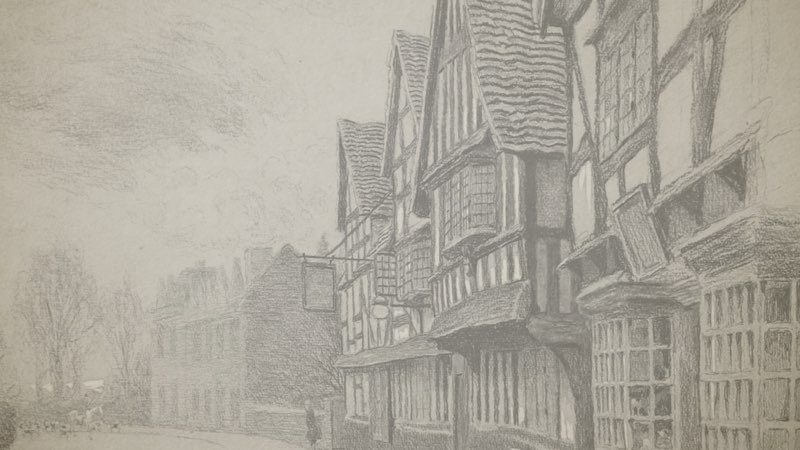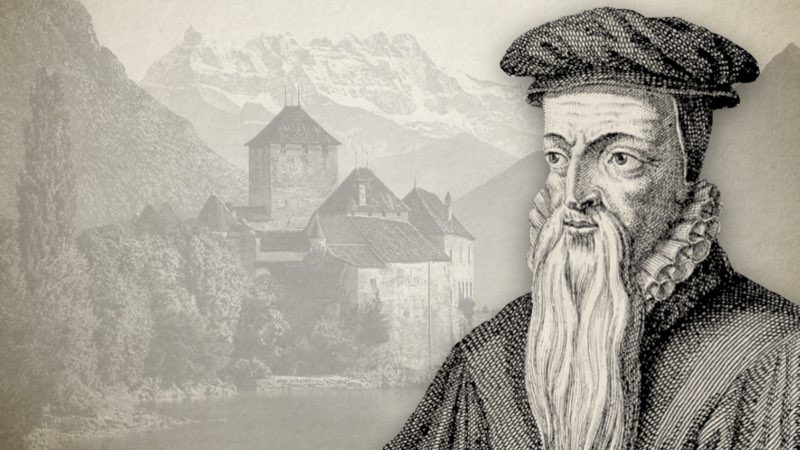-
The Life And Testimony Of George Whitefield
George Whitefield (1714-1770) comes first as the preacher of his day. At Pembroke College, Oxford, he was already under serious impressions when he joined the little society of students who met to study the Scriptures, to converse, and to pray. Their favourite books were "The Imitation of Christ," and Law's "Serious Call." These only led him into mental confusion, till at length, after seven weeks of illness caused by soul-trouble and austerities, God removed the heavy load, and enabled him, as he describes, "to lay hold on His dear Son by a living faith," and gave "the spirit of adoption to seal me, as I humbly hope, to the day of redemption. At first my joys were like a spring tide, which, as it were,…
-
The Life And Martyrdom Of Roland Taylor
The trial and martyrdom of Rowland Taylor, as narrated by John Foxe in his "Acts and Monuments," is considered by some to be the finest portion of that valuable and wonderful work. To us this opinion does not seem extravagant, for, among the many sublime instances of Christian heroism recorded by the indefatigable martyrologist, it would be difficult to find one more sublime and more interesting than the case of the learned vicar of Hadleigh. His zealous care over his flock, his courageous determination not to leave the country, but face his enemies; his manly demeanour before Chancellor Gardiner, his dignified replies to the surrilous assertions of that prelate, his calm anticipation of a cruel death, and his heroic conduct at the stake, are but…
-
The Life And Ministry Of Thomas Hull
It was on the 16th of August, 1831, that Thomas Hull was born at Foleshill, near Coventry, a spot that was favoured at one time with the ministry of Mr. William Nunn (afterwards of Manchester), whose discourses were greatly valued by Mr. Hull's mother. The father of little Thomas died when the boy was only three years of age. He was known as one of the best ribbon weavers in the county, and when the bread winner was taken away, hard times fell to the lot of the little family at Foleshill. The mother gallantly entered upon the struggle to provide food for her household, but in two years the hard labour so told upon her health that she became an invalid, and continued so…
-
The Life And Martyrdom Of John Hooper
“Of whom the world was not worthy." This epitaph the Apostle Paul penned to the memory of those illustrious heroes of Old Testament history—heroes who walked in the fear of God, and fought stoutly for His honour and glory, by obeying the commands of their Almighty Creator rather than submit to the dictates of puny man. This same epitaph, we are assured, may be safely and as appropriately inscribed to the memory of such men as John Hooper, who, at a period much nearer our own time, stoutly vindicated God's honour and glory, by proclaiming the Gospel of His grace in a day when power and influence were arrayed on the side of its enemies. Hooper and his martyred comrades may be justly ranked among…
-
The Life And Ministry Of Isaac Chauncy
Isaac Chauncy (1632-1712), dissenting minister, eldest son of Charles Chauncy [q. v.], was born on 23 Aug. and baptised at Ware, Hertfordshire, on 30 Aug. 1632. He went as a child to New England with his father, and was entered at Harvard in 1651, where he studied both theology and medicine, but, coming to England, completed his education at Oxford, where he proceeded M.A. Before 1660 he was given the rectory of Woodborough, Wiltshire, where he resided until ejected by the Act of Uniformity in 1662. Thereupon he removed to Andover, Hampshire, where he took charge of a congregational church. On 5 July 1669 he was admitted an extra-licentiate of the College of Physicians. ‘Having,’ says Calamy, ‘quitted Andover some time after the recalling of…
-
The Life And Ministry Of Theodore Beza
Theodore Beza (Théodore de Bèze or de Besze), Genevan Reformer, was born at Vézelay (8 m. w.s.w. of Avallon), in Burgundy, June 24, 1519; d. at Geneva Oct.13, 1605. His father, Pierre de Bèze, royal governor of Vézelay, descended from a Burgundian family of distinction; his mother, Marie Bourdelot, was known for her generosity. Theodore's father had two brothers; one, Nicholas, was member of Parliament at Paris; the other, Claude, was abbot of the Cistercian monastery Froimont in the diocese of Beauvais. Nicholas, who was unmarried, on a visit to Vézelay was so pleased with Theodore that, with the permission of the parents, he took him to Paris to educate him there. From Paris Theodore was sent to Orléans (Dec., 1528) to enjoy the instruction…

